Fisheries Wars: Palau By Paddling Palau Crew & Ron Leidich
On October 28, 2014, a group of natural history guides from Rock Island Kayak Expeditions went out along the East coast of Palau searching for Sperm Whales & Dolphins. After searching the 1000 meter drop off without any luck, the group continued out into the open ocean at a distance of over 20 miles from Palau’s reef. At 11:30a.m, boat Captain J-5 Obak, spotted two fishing vessels about five miles in the distance. The team raced out to investigate and quickly determined that they were not vessels licensed in Palau. Photographers Jayden Twelbang & Ron Leidich began taking photos of the fishing boats and crew. The vessels attempted to flee the scene, but were quickly overtaken by the faster tour boat. The crew was evasive and defensive, furthering suspicion of their illegal activities. In an effort to lower their defenses our tour guide began throwing them cold sodas and asked them in sign language for some fish. The Vietnamese fishermen relaxed and handed over a large Leopard Grouper (Plectopomus leopardus). This came as quite a surprise as we’d assumed they were fishing for offshore tuna. The presence of a grouper implied that they’ve been sneaking onto Palau’s Reefs at night and illegally bottom fishing. The tour boat returned to Koror shortly after the encounter and reported the vessels’ location to the Marine Law office. The conservation officers quickly dispatched a patrol boat and apprehended the two vessels. The Vietnamese boats were taken to the Marine Law port and held in custody. Sadly, only their navigational equipment was removed from the vessels, and the ships attempted to flee in the middle of the night. Luckily, they got lost in the labyrinth of islands and could not find an open channel leading out of the lagoon. They were quickly recaptured on the morning of the 29th. Their illegal catch included Grouper, Sea Cucumber, and live Lobster. The fate of the vessels and the crew has yet to be determined. In previous cases, the poachers have been repatriated in the country of their origin at the expense of the fishing company or their national government. The fishing vessels are typically sold back to the offenders or destroyed. The illegally caught fish are often donated to the Palau National Hospital and the schools. Fines are frequently imposed on the fishing companies, though they have in the past proven difficult to collect.
1 Comment
|
Categories |
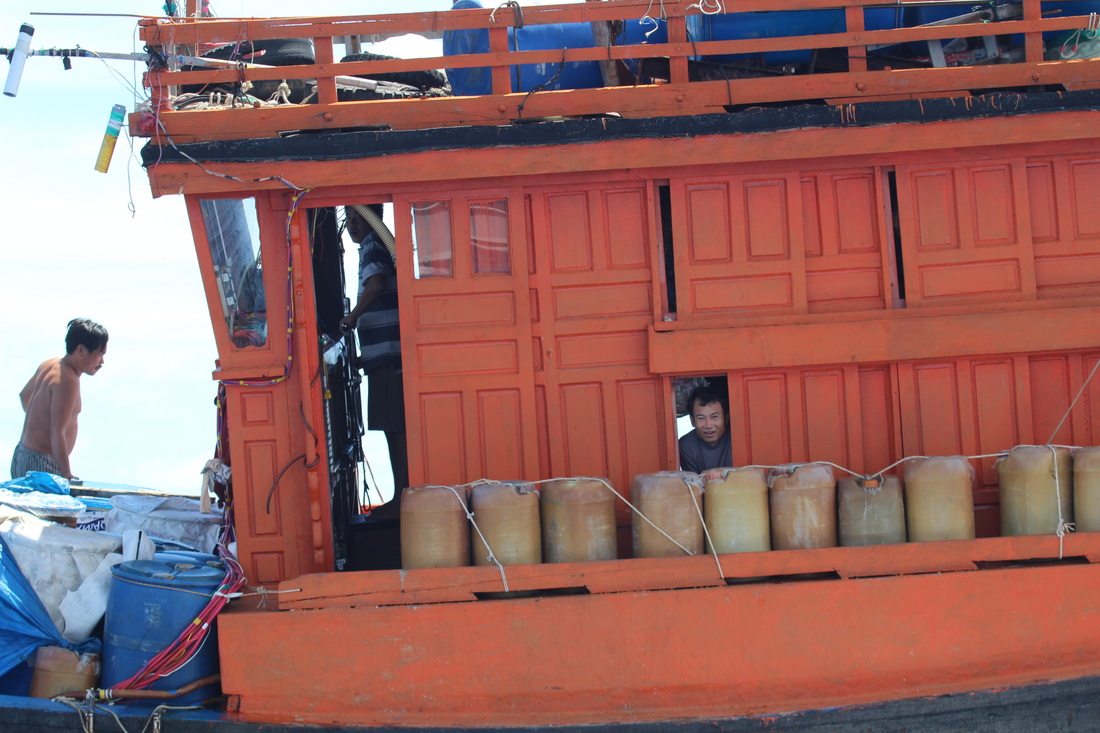
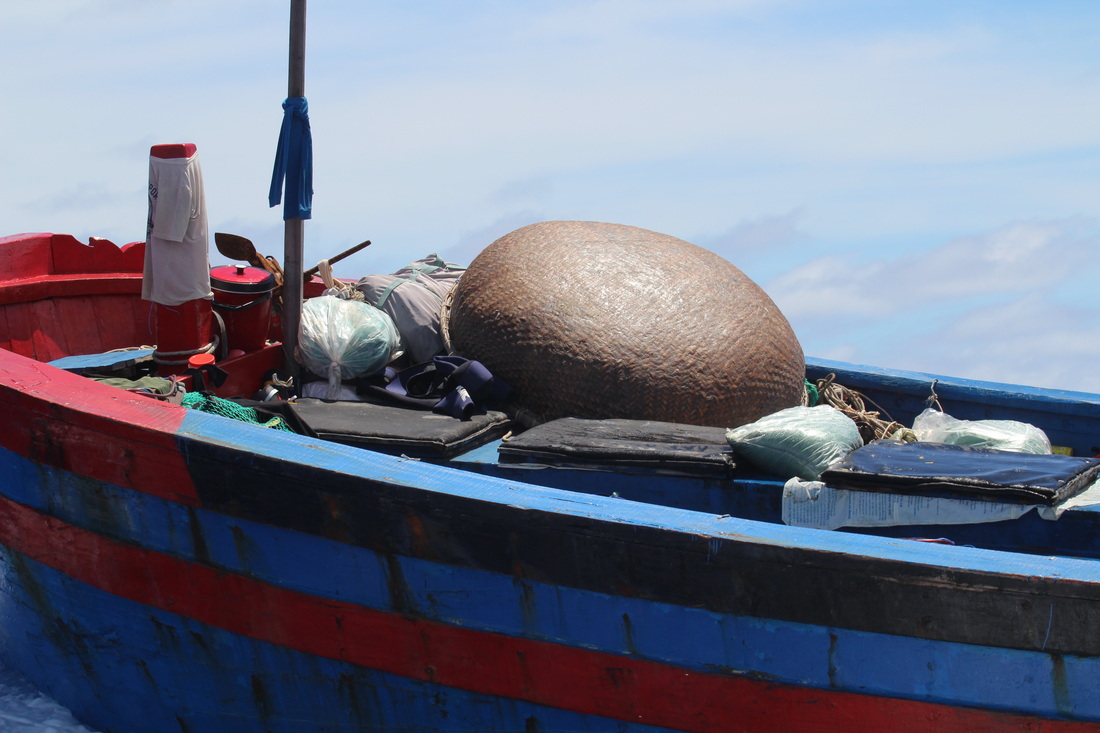
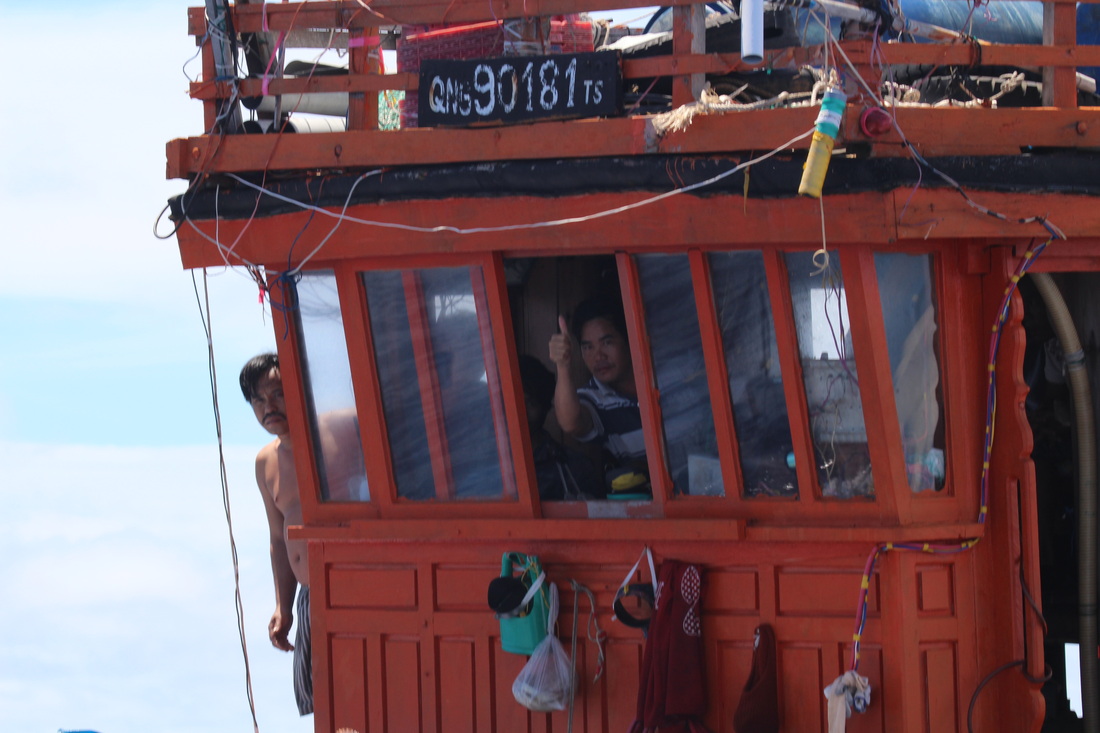
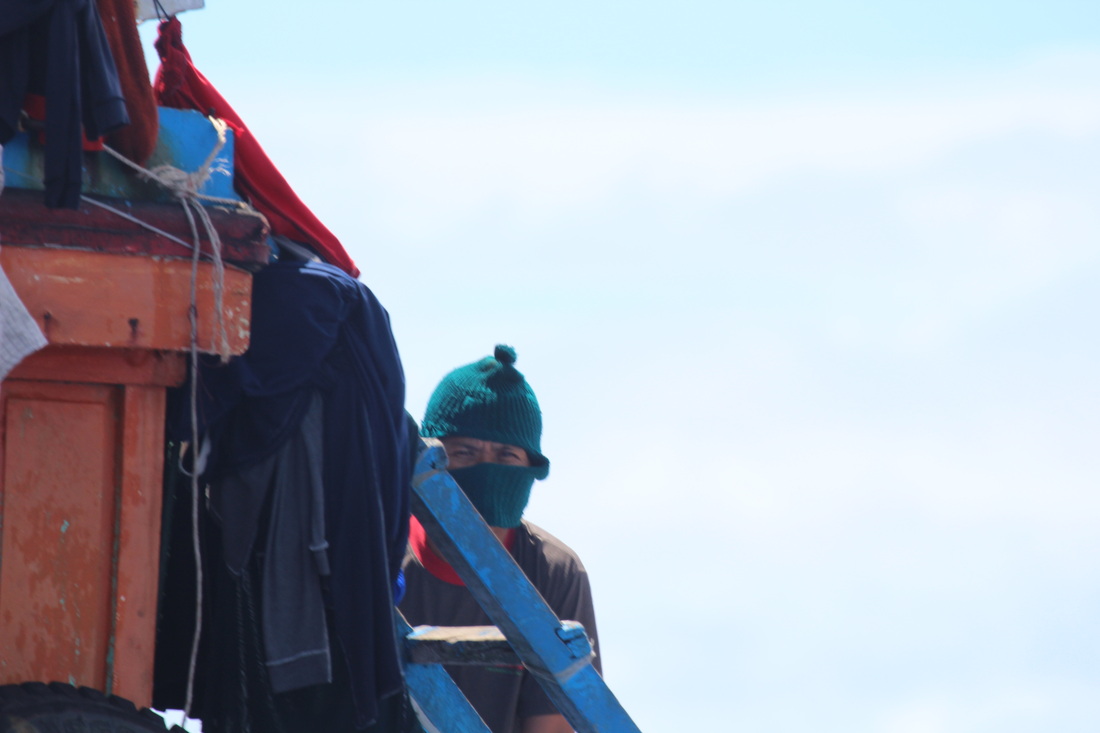
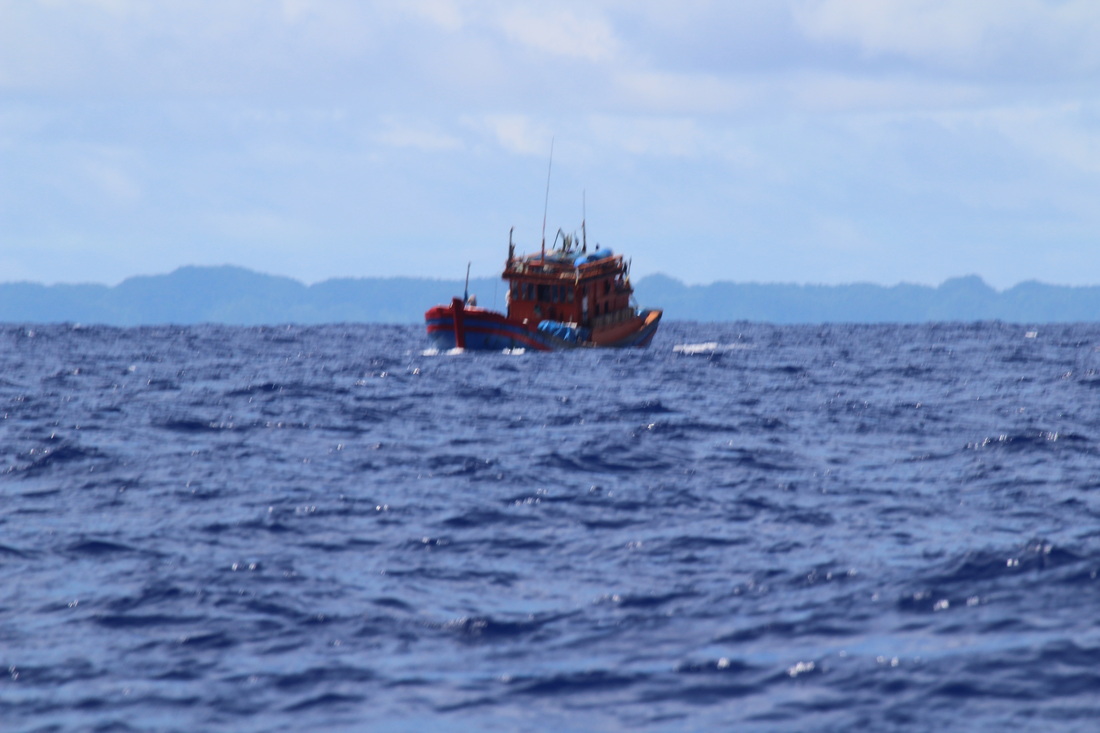
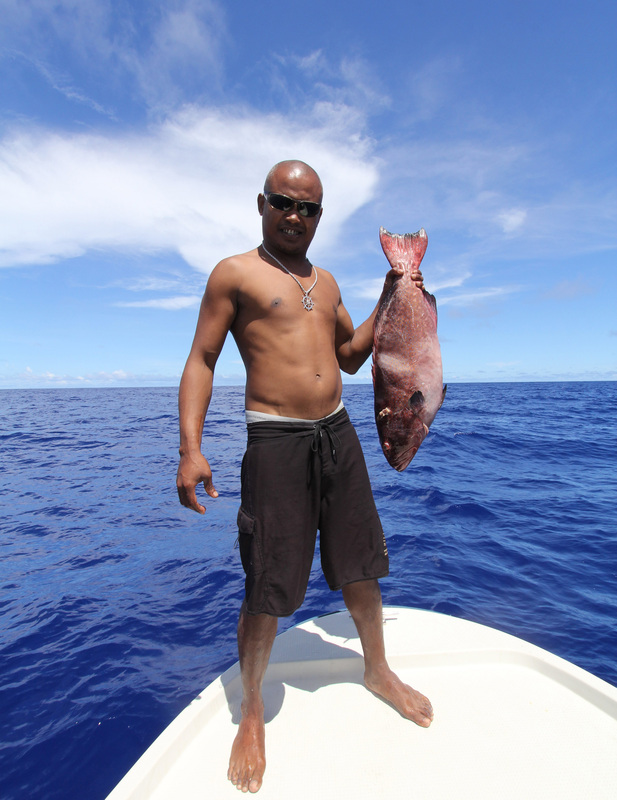
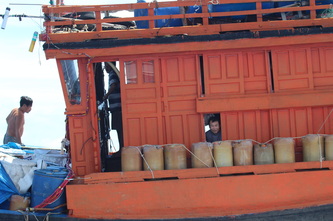
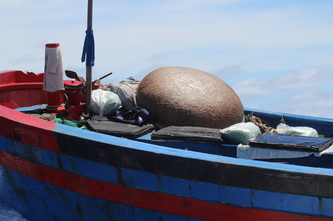
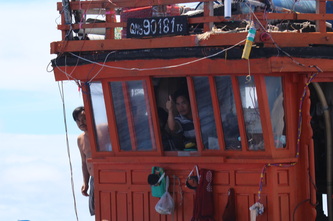
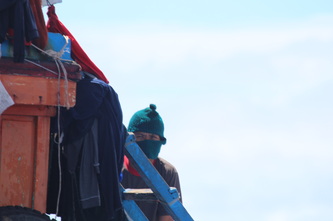
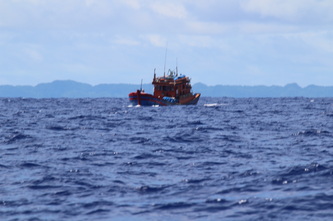
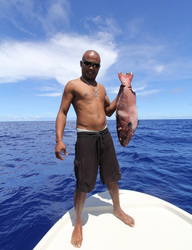

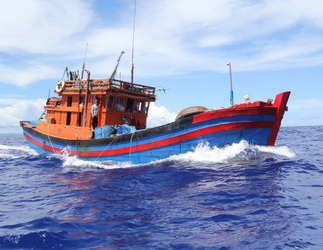
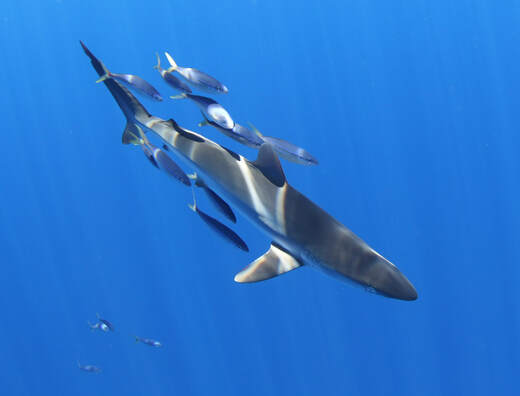
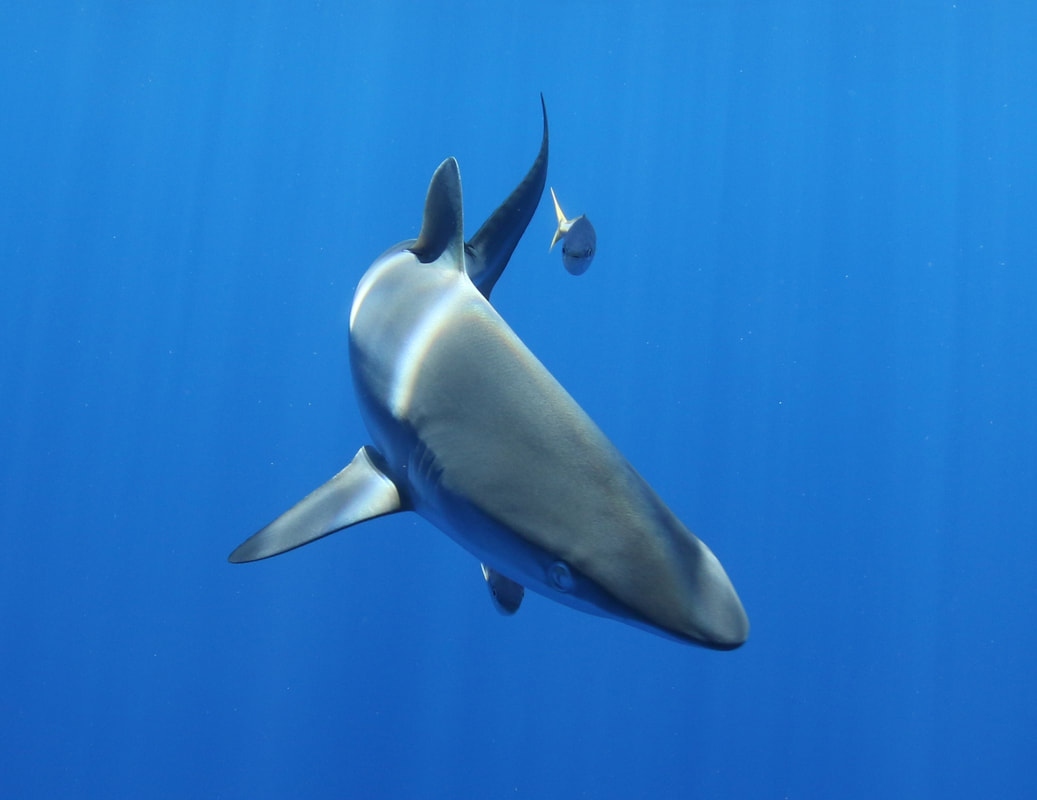
 RSS Feed
RSS Feed